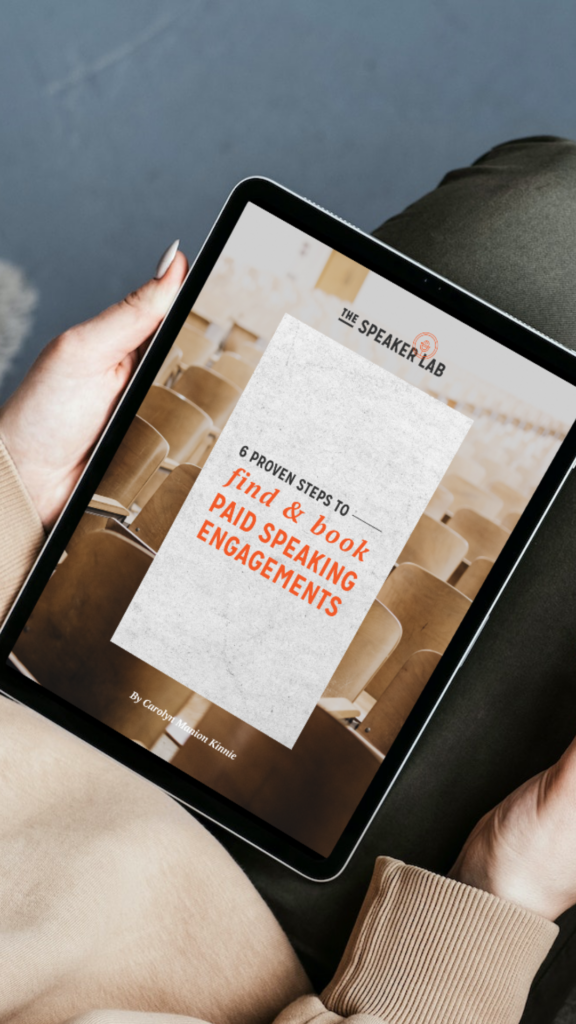One area we haven’t touched on is how to be a corporate trainer, my friend Michael Bungay Stanier is here to change that!
Michael is a well-established keynote speaker and corporate trainer. On today’s The Speaker Lab, we talk about what topics work in this industry, positioning yourself versus positioning a product/program, and who hires corporate trainers.
We have a lot of fun during this informative and practical conversation with Michael, so please join us for episode 299 of The Speaker Lab!
THE FINER DETAILS OF THIS SHOW:
- What’s the distinction between selling yourself versus a product?
- Why you need standards if you are going to scale.
- How to define “good enough” and why you must.
- Are there both prizes and punishments to scalability?
- Can you dabble with having other people speak for you?
- What are the three delivery models and what do they entail?
- How should you determine your fees?
- When do you charge per participant?
- And so much more!


